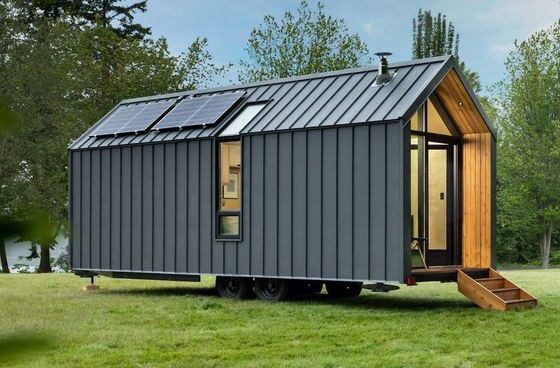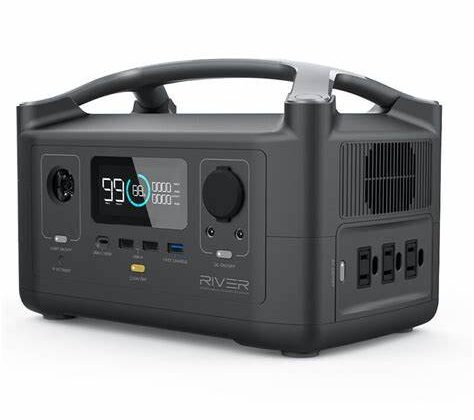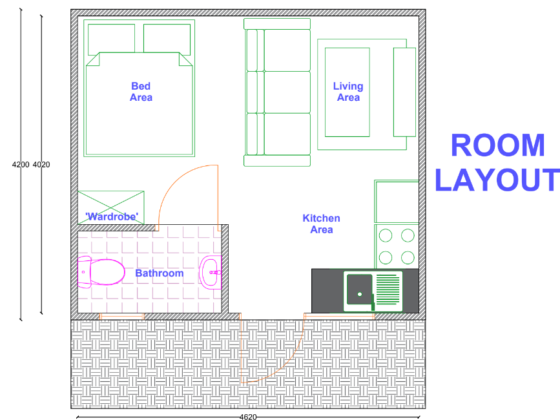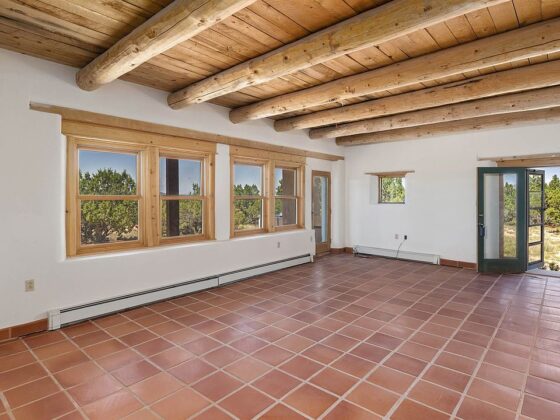Beginner’s Guide to Mortgages
Mortgages may be overwhelming especially if you have never had considerable debt before. This is a beginner’s guide to everything you need to know about mortgages.
What is a mortgage?
Mortgages are loans used to purchase homes. Most individuals will not be able to pay the whole asking price in cash. So, they pay a deposit (typically 10% of the asking price) and then apply to a mortgage lender (bank or building society) for the balance.
The mortgage process.
A mortgage is a monthly property loan. The entire amount of the mortgage, including interest, is divided across the years it will take to repay it, and that is how much is paid each month. A borrower must apply for a mortgage via their chosen lender and fulfill minimal credit and down payment criteria.
Loan Process
Borrowers start by applying to mortgage lenders. Lenders want proof that borrowers can repay loans. This includes bank and investment statements, credit, employment, and tax records. If the application is granted, the lender will provide a loan of a set amount and interest rate. Pre-approval allows homebuyers to apply for a mortgage before buying a home. It gives buyers an advantage since sellers know they have the money to back up their offer.
Once buyer and seller agree on agreements, their representatives meet for closing. The borrower pays a down payment. The seller transfers possession of the property to the buyer, who signs any outstanding mortgage agreements. If you default on a mortgage, the lender may sell your house to collect damages.
Types of mortgages
Some mortgages are five years, while others are 40 or more. 15-year to 30-year fixed-rate mortgages are widespread. Stretching payments across more years reduces the monthly payment but raises the total interest paid throughout the loan’s life.
In the US, WiWhin the different term lengths are numerous types of home loans, including Federal Housing Administration (FHA), U.S. Department of Veterans Affairs (VA), and U.S. Department of Agriculture (USDA) loans for prospective homeowners that may not have the income, down payments, or credit scores for conventional mortgages.
Examples of the most common forms of mortgage loans
Fixed-Rate Mortgages
A fixed-rate mortgage has a set interest rate and monthly payments throughout the loan’s life. Traditional mortgages are fixed-rate.
Adjustable-Rate Mortgage (ARM)
In an adjustable-rate mortgage (ARM), the interest rate is set for an initial term and then changes depending on market conditions. The initial interest rate is generally below market, making the mortgage more affordable short-term but less affordable long-term if the rate increases. ARMs restrict how much the interest rate may grow each time it adjusts and during the loan’s term.
Interest-Only Loans
Interest-only mortgages and payment-option ARMs have complicated repayment schedules and are suited for knowledgeable customers. During the early 2000s housing bubble, many homeowners had these mortgages.
Reverse Mortgages
Reverse mortgages are a unique financial instrument. They are for elderly people who want to turn home equity into cash. These homeowners may borrow against their home’s worth and get a lump amount, line of credit, or monthly payment. When the borrower dies, sells the house, or moves permanently, the whole sum is payable.
How to Compare Mortgages
Banks, savings and loans associations (S&Ls), and credit unions formerly provided most mortgages. Nonbank lenders including Rocket Mortgage, loanDepot, Better, and SoFi are gaining market share in the mortgage sector. An online mortgage calculator may help you compare monthly payments depending on the mortgage type, interest rate, and down payment size and helps establish how much house you can afford.
Escrow accounts can be established by the mortgage servicer or lender to pay for costs such as property taxes, insurance premiums, and other fees. These fees increase your mortgage payment. If you make less than a 20% down payment, your lender may impose private mortgage insurance (PMI), which is an extra monthly fee.
Can I have several mortgages?
Home equity loans are supplementary mortgages. Most lenders do not provide second mortgages on the same home. There is no limit to how many junior loans you may have on your property if you have enough equity, a great credit score, and a good debt-to-income ratio.











